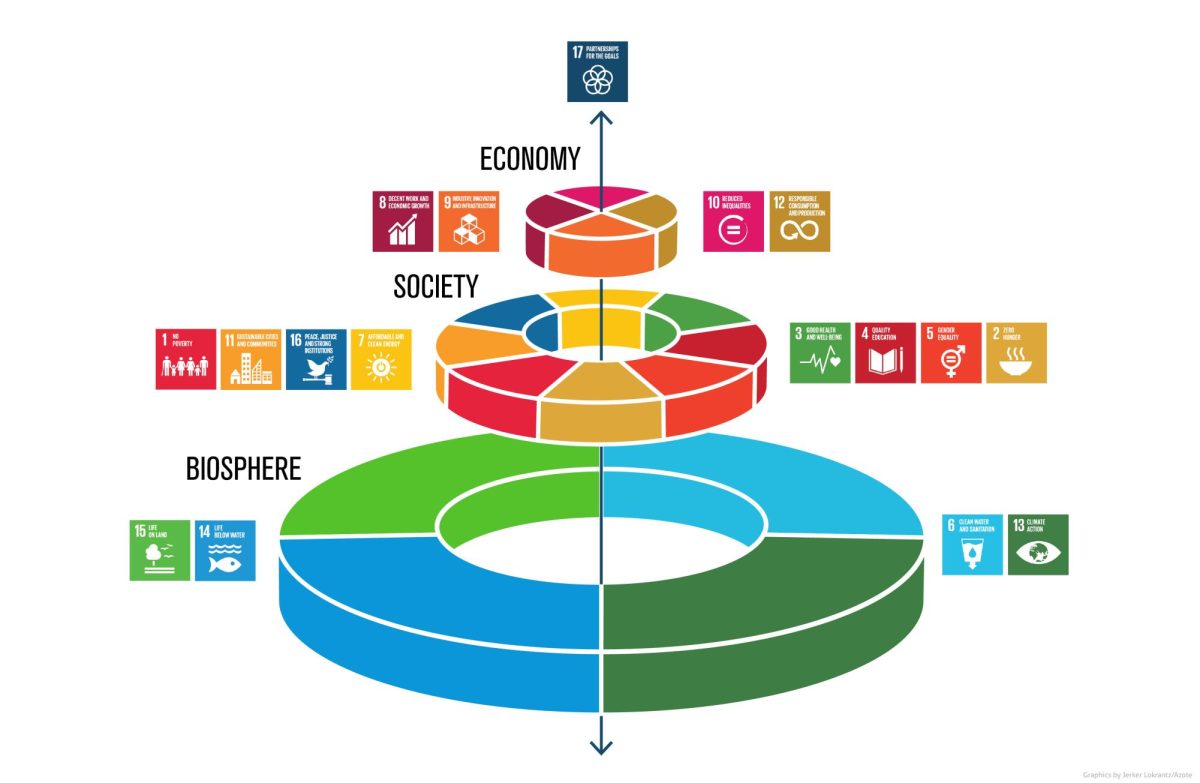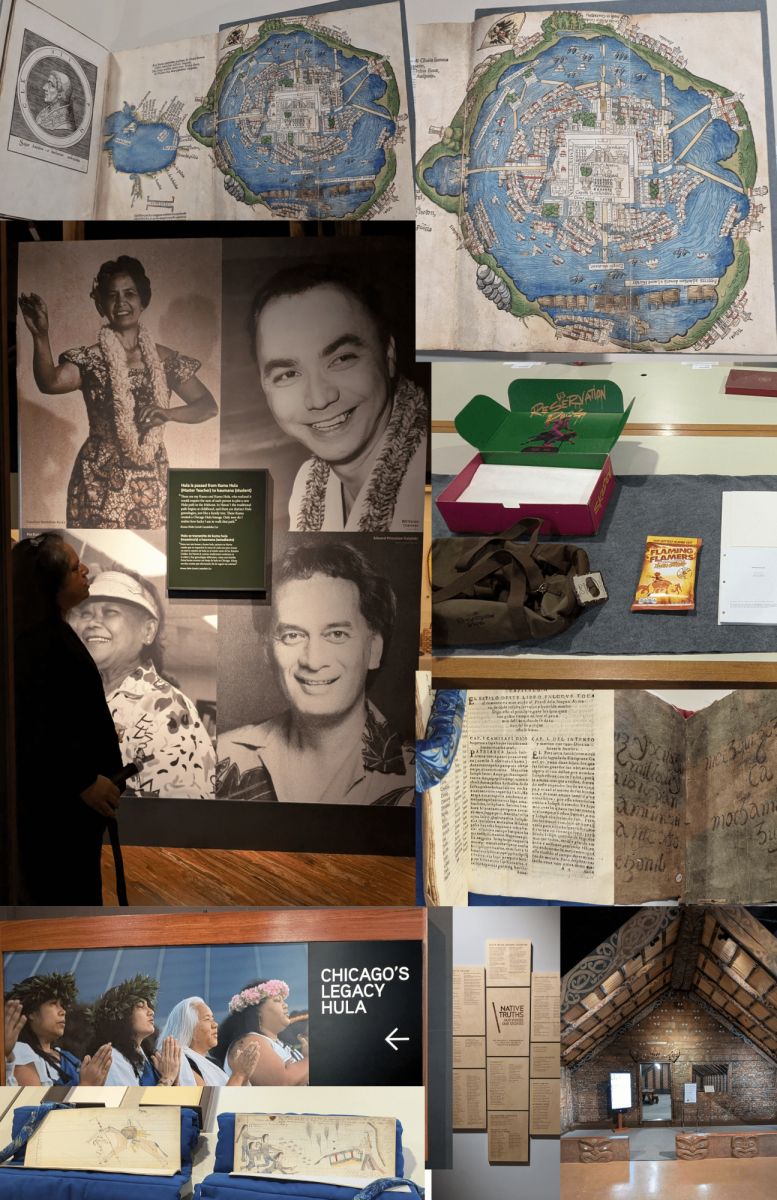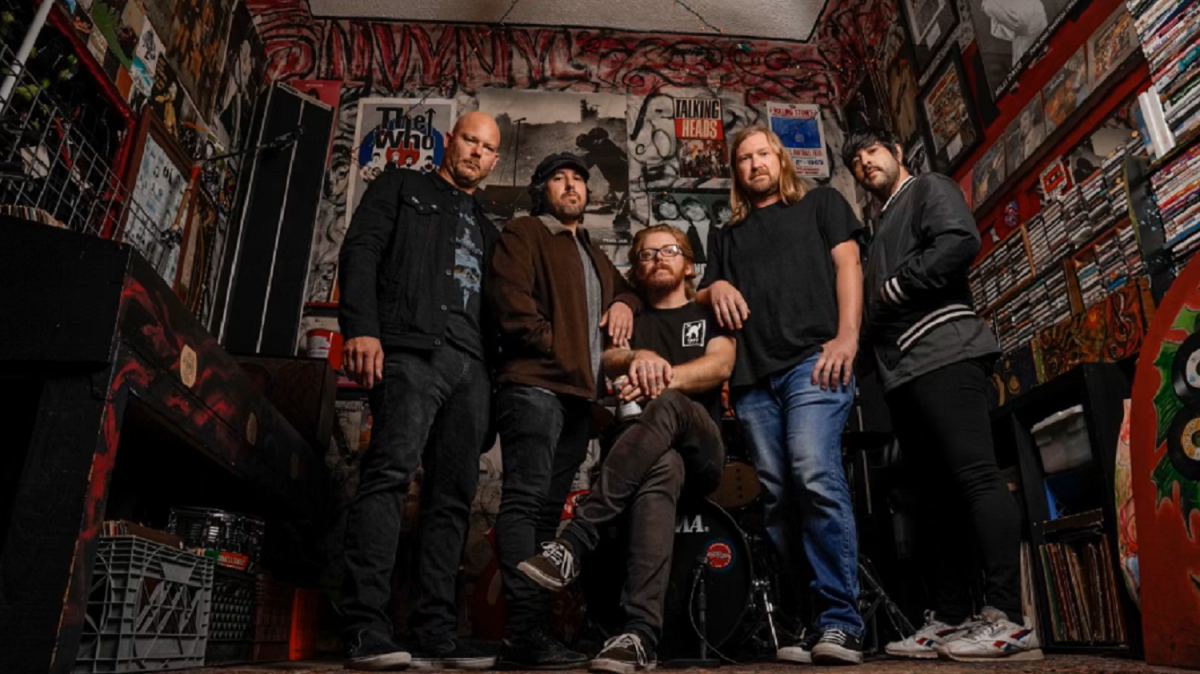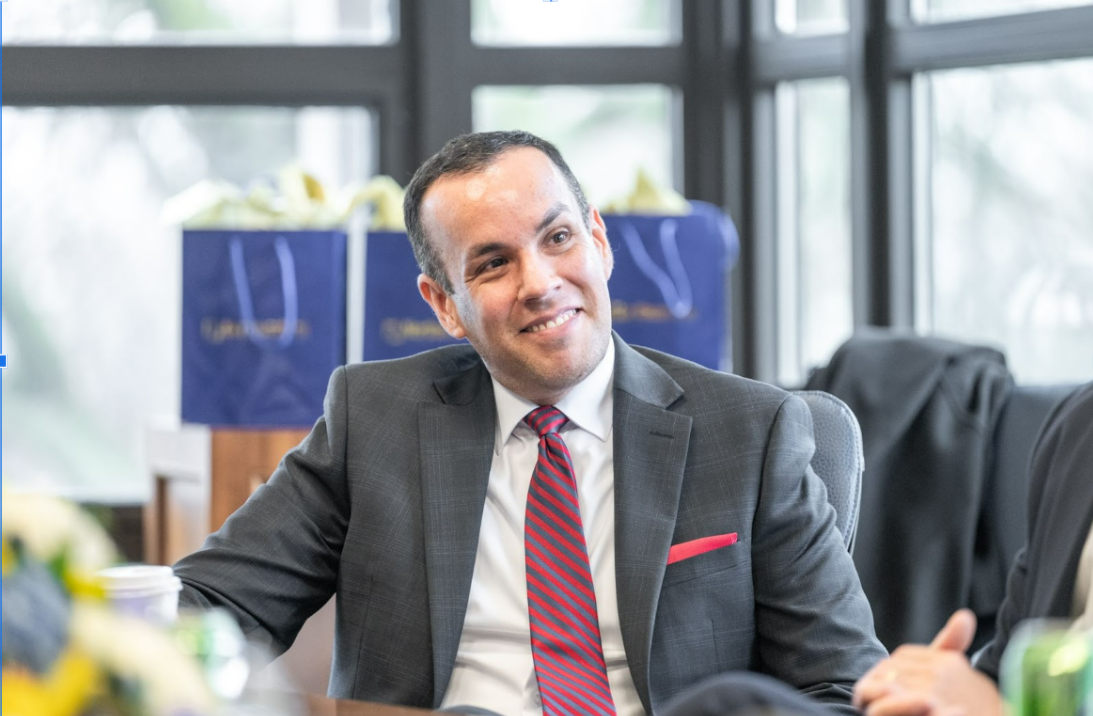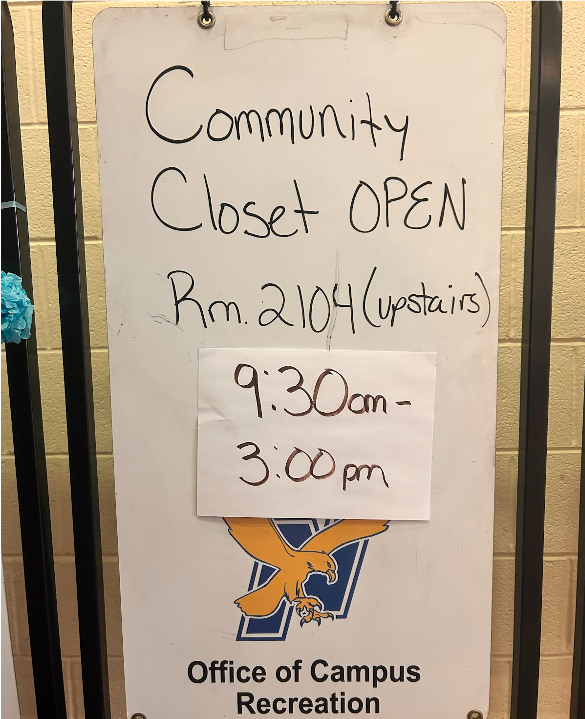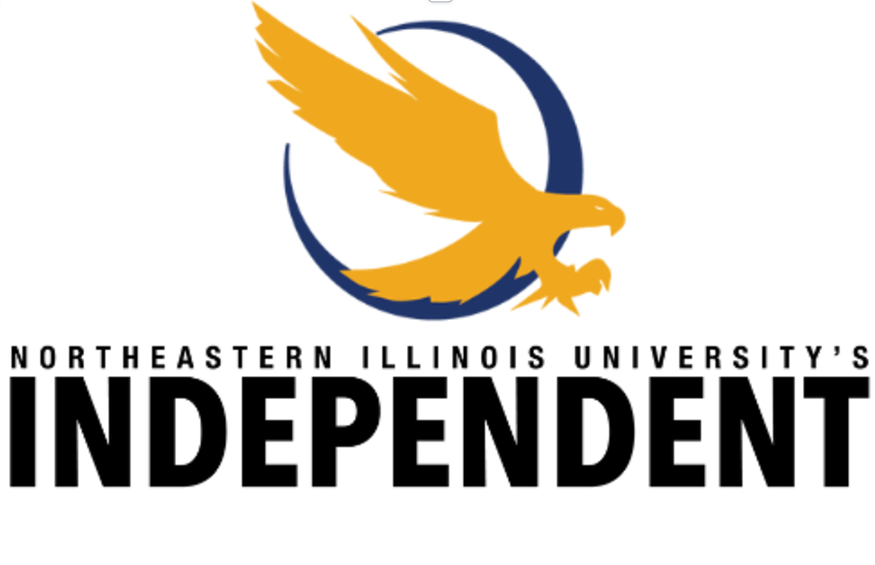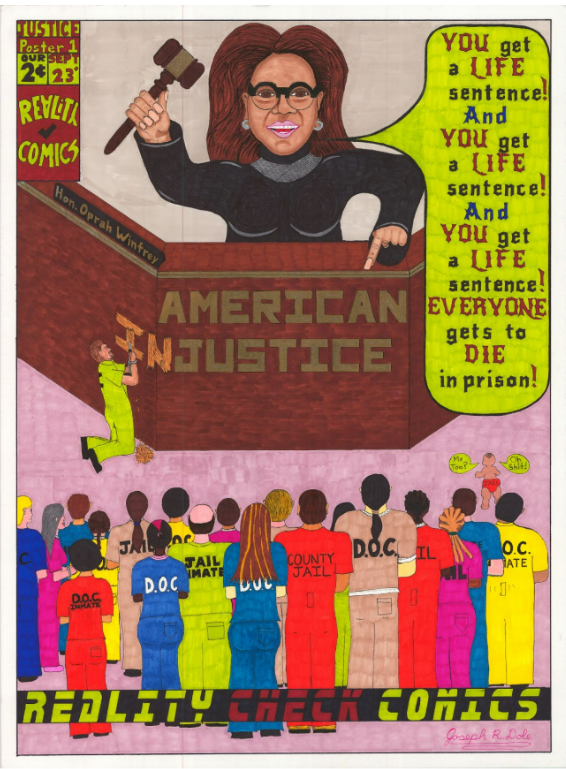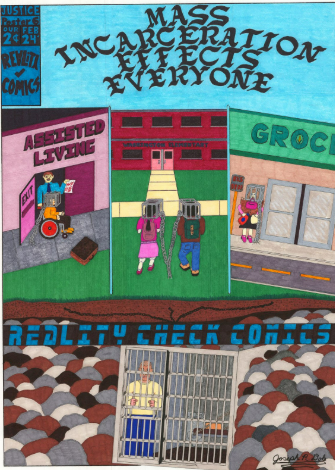The Sustainability Series is a new project the Independent is taking on. We aim to both highlight and hold accountable any sustainability initiatives set forth by NEIU, as well as to feature the efforts and accomplishments of those trying to make a difference. If you are interested in being featured or know someone who can benefit from this project, submit your idea to us. (We read all responses!)
This article features the mission and visions of the person who was the inspiration behind this series’ initiation: Dr. Cris Toffolo, a previous Justice Studies professor and currently the Director of the Office of International Programs.
Dr. Toffolo is on a mission to reframe NEIU’s education to embrace more real-life teaching through embedding the United Nations’ Sustainable Development Goals. In addition to having her proposal being implemented in various, smaller ways around campus, Dr. Toffolo hopes it can be included in NEIU’s once in a decade strategic planning – which will determine the course of classes and campus life in the coming years.
Since 2015, all member nations of the United Nations – 193 countries – agreed to realize 17 standards of living – such as zero hunger, quality education, and climate action – by a certain year, many of which are set to be achieved by 2030. In addition to the goals, there are specific targets – a total of 69 – to be met for each of the goals, and even more specific indicators – a total of 232 – to measure if the targets have been met.
“One of the things that I really tr[y] to punch home is [that] governments all verbally made a commitment to th[ese] right[s],” Dr. Toffolo said, “but is the political will there to follow through on it?”
Yet, she would go on to emphasize that “[o]nce they’ve publicly made a commitment, then it’s up to us as citizens to hold them to it.” Part of what that could look like is educating students.
“If we were to teach in a way that students could see us trying to advance those [goals], it would maybe engender hope, because everybody agreed that the planet needs to go in this direction.” Dr. Toffolo continued, “If I can put in my little bit – none of us can do it alone – and you can put in your little bit, then all of a sudden we have a great big pile of stuff that’s going in the right direction.”
The “great big pile of stuff” is not something to be daunted by either. She affirmed that much of the “new” proposed curriculum would overlap with the current one. “It’s not like the faculty are going to have to do tons and tons and tons of work to change the curriculum. It’s more a question of framing.”
This means instead of rewriting the whole curriculum, both teachers and learners should rather be prepared for little tweaks to the curriculum, which can be as easy as being more aware of NEIU’s history. In fact, during World War II, the very property which is now NEIU used to be a reformatory school where those subjected to be in those schools helped grow a victory garden – at the time, people were encouraged to grow their own vegetables so they wouldn’t put a drain on the food supply used to feed troops overseas. The victory garden helped feed local neighbors.
Of this, Dr. Toffolo remarked, “we didn’t even know it. Like, we already have this organic connection to food in this space.”
Fast forward many years, another initiative to enact on sustainability came in the form of a generous $5,000 to every dean’s college from former president Sharon Hahs. Dr. Toffolo, along with a group of colleagues got together to discuss what to do with it. They found out that many students weren’t able to buy the textbooks their classes required, because of financial barriers and the downturn from the housing market that year, resulting in many nor being able to even afford food. The Student Food Pantry that is still running today stemmed from that initiative. All the plays that year focused on bringing food concerns to the spotlight as well.
“I mean, we’ve already moved in that direction,” Dr. Toffolo said. As a next step, “[w]hat if we were to revive or a mural that celebrated our history with food? … What if, in your First Year Experience Class, you were taught about SDGs? … Or, our annual Student Research Conference: could a panel of students present on an SG theme?”
Dr. Toffolo was also not short of ideas for extracurriculars. “There’s UN days for all different kinds of things. We could start noting those on the [university] calendar and having clubs or whoever do events. Or when we do Black History Month or Women’s History Month, we could have a day focused on the theme of gender equality, who in the world is working on this [UN SDG], and all the ways that they’re doing it. It doesn’t take away from Women’s History Month, it just adds a new activity.”
The ultimate goal is for all of this to make long-term impacts on all parties involved. “If we put up solar panels and we educate students, maybe [they’re] more likely to put a green roof or a solar panel on [their] house, and that spreads the influence. That’s modeling sustainable practices. We have to think about it long term.”
Dr. Toffolo has also been thinking about how the effectiveness and impact of SDG-teaching in the classroom can be evaluated; course evaluations can be tweaked to ask students for reflections. Additionally, “would faculty get more research money if they could put in strategic development goals?” Something Dr. Toffolo plans to do in her department is to ask how students’ study abroad trips are going to advance the strategic development goals before approving them.
She noted that other schools have already been modeling sustainable practices. “There are 235 million university students. There’s a push right now to say governments aren’t living up to their obligation. What civil society organizations can help keep us on track? Ah, universities … there’s thousands of universities who are signing up to do this around the world and in the United States too.”
As to how soon NEIU can join the list, there still seems like more work – including bringing awareness to this initiative – needs to be done. Dr. Toffolo has been working on her proposal since May, after being inspired at a conference for international departments. She has then been able to present to a faculty institute in August, to the College of Arts and Sciences this November, as well as deliver talks at the departmental level.
While Dr. Toffolo is working on getting the SDGs implemented in NEIU’s strategic planning – a once in a decade opportunity – students don’t have to sit idle.
One of the things students’ billing goes towards is the Green Fee Committee (GFC), which is currently reviewing proposals to implement this school year. For details and a chance for all to get clarification before moving further with the projects, the GFC will hold a pre-proposal review that all students are encouraged to attend on Tuesday, Dec. 3 on the Main Campus in Room BBH 323 and via Zoom.
__
In collaboration with Dan Mauer, News Editor. He and Jiaming Lou conducted the interviews together.



